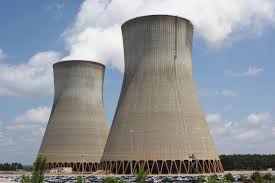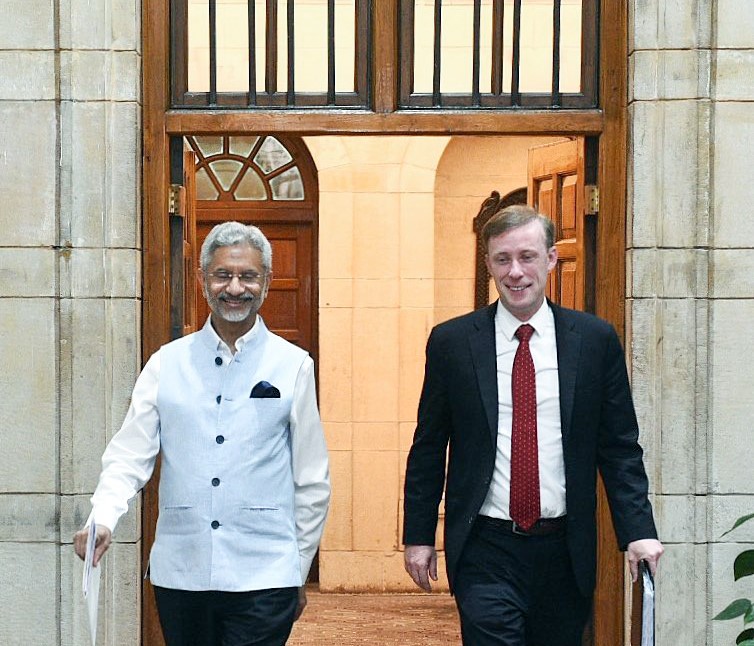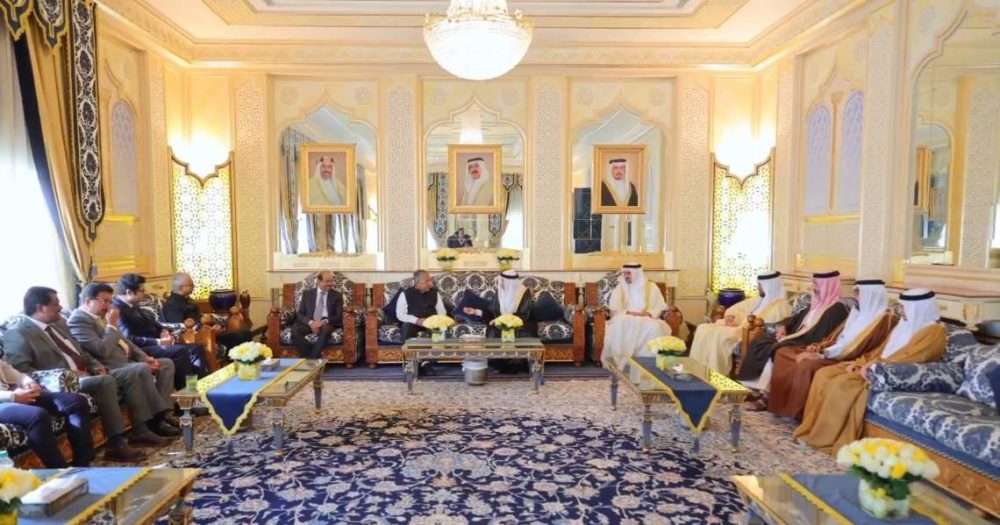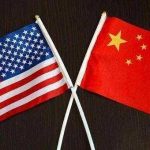China has rapidly expanded its nuclear industry, building 27 reactors — more than two and a half times the number being constructed by any other country…reports Asian Lite News
The United States is currently 15 years behind China in developing high-tech nuclear power, a report released on Monday (June 17) has claimed. This gap is attributed to China’s state-supported technology initiatives and significant financial backing.
According to a study by the Information Technology & Innovation Foundation, a nonpartisan research institute based in Washington, China currently has 27 nuclear reactors under construction, with an average completion time of approximately seven years — significantly faster than other nations.
The report highlights that China’s rapid deployment of increasingly modern nuclear power plants has led to economies of scale and learning-by-doing benefits, positioning Chinese companies to excel in incremental innovation within the sector.
China has rapidly expanded its nuclear industry, building 27 reactors — more than two and a half times the number being constructed by any other country — alongside its existing fleet of 56. The country plans to construct 6 to 8 new nuclear power plants annually, aiming to surpass the United States in nuclear-generated electricity by 2030, the report said.
China’s ambitious plan includes constructing 150 new nuclear reactors between 2020 and 2035. Notably, in December 2023, China launched the world’s first fourth-generation nuclear power plant, the Shidaowan-1 in Shandong province, which produces 200 megawatts (MW) and is gas-cooled.
The Nuclear Energy Administration of China has stated that “90 per cent of the technology in the new plant was developed within China.” Additionally, China is at the forefront of developing and deploying a new generation of cost-effective small modular reactors.
Despite having the largest fleet of nuclear power plants globally, the US has faced significant challenges. Although the Biden administration recognizes the importance of nuclear power in reducing emissions and combating climate change, no new reactors are currently under construction following the delayed and over-budget completion of two large plants in Georgia in 2023 and 2024. Furthermore, a planned high-tech plant at a US lab was cancelled last year.
China’s nuclear power sector benefits from state-owned banks offering loans with interest rates as low as 1.4 per cent, much lower than those available in Western economies. Sustained state support and localisation strategies have enabled China to dominate sectors such as renewable energy and electric vehicles.
The world’s first fourth-generation high-temperature gas-cooled reactor, located at Shidao Bay, became operational last December. The China Nuclear Energy Association reported that the project involved the creation of over 2,200 sets of “world-first equipment”, with a domestic material localisation rate of 93.4 per cent.
Proponents of high-tech reactors argue that they are safer and more efficient than current models. However, critics caution that some new reactors pose proliferation and material risks.
China has also faced challenges, including an overproduction of nuclear components and excessive competition leading to price reductions and financial losses, as noted by the China Nuclear Energy Association.
Stephen Ezell, the author of the report, suggested that the US could catch up technologically by developing a comprehensive national strategy. This would involve increased investment in research and development, identifying and accelerating promising technologies, and fostering a skilled workforce. “While America is behind, it can certainly catch up technologically,” Ezell stated. To reclaim its leadership in the nuclear reactor industry, the United States must implement a cohesive national strategy and adopt a comprehensive government-wide approach, the report said.
ALSO READ: US, India to initiate quantum tech cooperation













